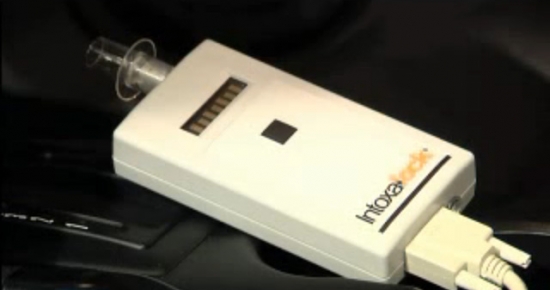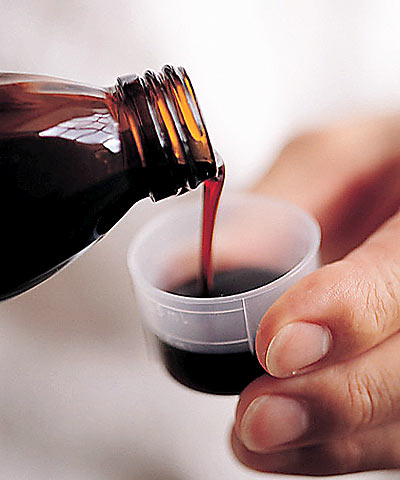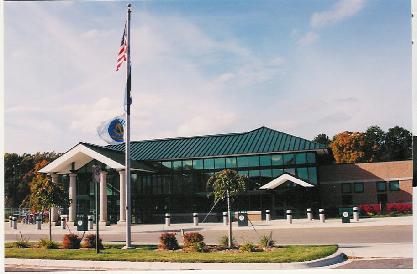
In Michigan, a common sanction by both the courts and the Secretary of State is the required installation of an interlock ignition device on the defendant’s (or petitioner’s) automobile. Colloquially referred to as a ‘blow and go’, these devices can be a tremendous headache for those required to install them. In our experience, there are a number of situations where these devices are compelled to be installed on our clients’ vehicles. These scenarios include;
– A ‘superdrunk’ conviction,
– Certain drunk driving convictions with aggravating circumstances,
– As a mandatory condition of a restricted license upon a successful license appeal,
– And certain crimes which may have resulted from an underlying drinking problem.
1) What is an interlock ignition device?
The cell-phone sized device is installed so it connects to an automobile’s ignition system, usually inside of the glove compartment. After installation, the driver is must blow into the device before the car will start.
2) Where can these devices be installed and how much do they cost?
Many locations in Southeast Michigan offer install services for the ignition interlock device:
American Interlock 800.580.0504 Michigan Interlock, LLC 888.786.7384 National Interlock Service 888.294.7002
New Horizon Interlock, Inc 800.597.5054 Smart Start Michigan 888.234.0198
Prices vary from company to company, but range from $50 to $200, based upon the make and model of the car. The device also holds a monthly rental fee, which can be as high as $100.00.
3) How do these devices work?
According to igntioninterlockdevice.org, the driver blows about 1.5 litres of air into the device, which is located on the car’s dashboard. Drivers can also be subjected to “rolling tests”, which require the driver to use the device once the car is moving. If the driver fails one of these “rolling tests” the device sounds a warning, which may consist of flashing lights or honking horn and will sound until the ignition is turned off (the ignition will not automatically shut off while moving). Each device contains a computer chip, which requires monthly downloads. The information is sent to the overseeing court and analyzed for blood alcohol content levels as well as attempts at tampering with the device.
4) When required by the State in a driver’s license restoration case, what will result in a violation?
The State of Michigan has divided violations into two main categories:
Minor Violations
-After the trial period, the driver fails three start-up tests (car will not start)
-If the driver fails to have the device serviced within 7 days of his/her scheduled date
Major Violations
-Failure of a “rolling test”, which is either failing to take the test when prompted or the result is greater than 0.25% and a subsequent sample is greater than 0.25%
-An arrest or conviction for drunk/drugged driving -Tampering with the Blood Alcohol Ignition Interlocking Device -Circumventing the device, by allowing a passenger to blow into the device -Three minor violations within the monitoring time (required time for device to be installed)
-Removing the device without having it re-installed within 7 days (unless Secretary of State approves)
-Operating a vehicle without a properly installed device
In the State of Michigan, a minor violation will result in a three-month extension before another driving license appeal can be requested. Major violations will cause the original driver’s license revocation to be immediately reinstated, which means the driver will no longer be able to operate any vehicle, even with an ignition interlock device installed.
5) Are these devices reliable?
Despite widespread implementation of ignition interlock devices many have doubts as to their reliability. Significant issues arise out of false positive results, which could be caused be a number of daily-use products. They include mouthwash (because of its minimal alcohol content), some medicines, and even some beverages.
Continue reading ›
 Michigan Criminal Lawyer Blog
Michigan Criminal Lawyer Blog



![fbi-4-30-09[1].jpg](https://www.michigancriminallawyer-blog.com/files/2015/02/fbi-4-30-091.jpg) In the United States, there are crimes which may be prosecuted at the State level based upon violations of State laws. A Federal crime is one which involves a violation of a Federal law. Many criminal offenses may fall under the jurisdiction of both the State and Federal laws and either or both branches of government may prosecute. The doctrine of double jeopardy does not preclude both State and Federal prosecutions under the doctrine of dual sovereignty.
In the United States, there are crimes which may be prosecuted at the State level based upon violations of State laws. A Federal crime is one which involves a violation of a Federal law. Many criminal offenses may fall under the jurisdiction of both the State and Federal laws and either or both branches of government may prosecute. The doctrine of double jeopardy does not preclude both State and Federal prosecutions under the doctrine of dual sovereignty. The intention of this post is to give you a brief overview of what to expect if you are being charged with Operating While Intoxicated (OWI) arising out of the 18th District Court in the City of
The intention of this post is to give you a brief overview of what to expect if you are being charged with Operating While Intoxicated (OWI) arising out of the 18th District Court in the City of 
 MYTH #1: Underage drivers cannot be charged with a
MYTH #1: Underage drivers cannot be charged with a ![41B%20District%20Court[1].jpg](https://www.michigancriminallawyer-blog.com/files/2015/02/41B-District-Court1.jpg) Most drunk driving (DUI or OWI) cases in
Most drunk driving (DUI or OWI) cases in  With fall quickly approaching many students are bracing for their return to college. Many college age students from
With fall quickly approaching many students are bracing for their return to college. Many college age students from  In Michigan, retail fraud, more commonly referred to as shoplifting, is an aggressively prosecuted and pervasive offense. Frequently, our office defends these cases in Harper Woods where the
In Michigan, retail fraud, more commonly referred to as shoplifting, is an aggressively prosecuted and pervasive offense. Frequently, our office defends these cases in Harper Woods where the ![Mexico[1].jpg](https://www.michigancriminallawyer-blog.com/files/2015/02/Mexico1.jpg)